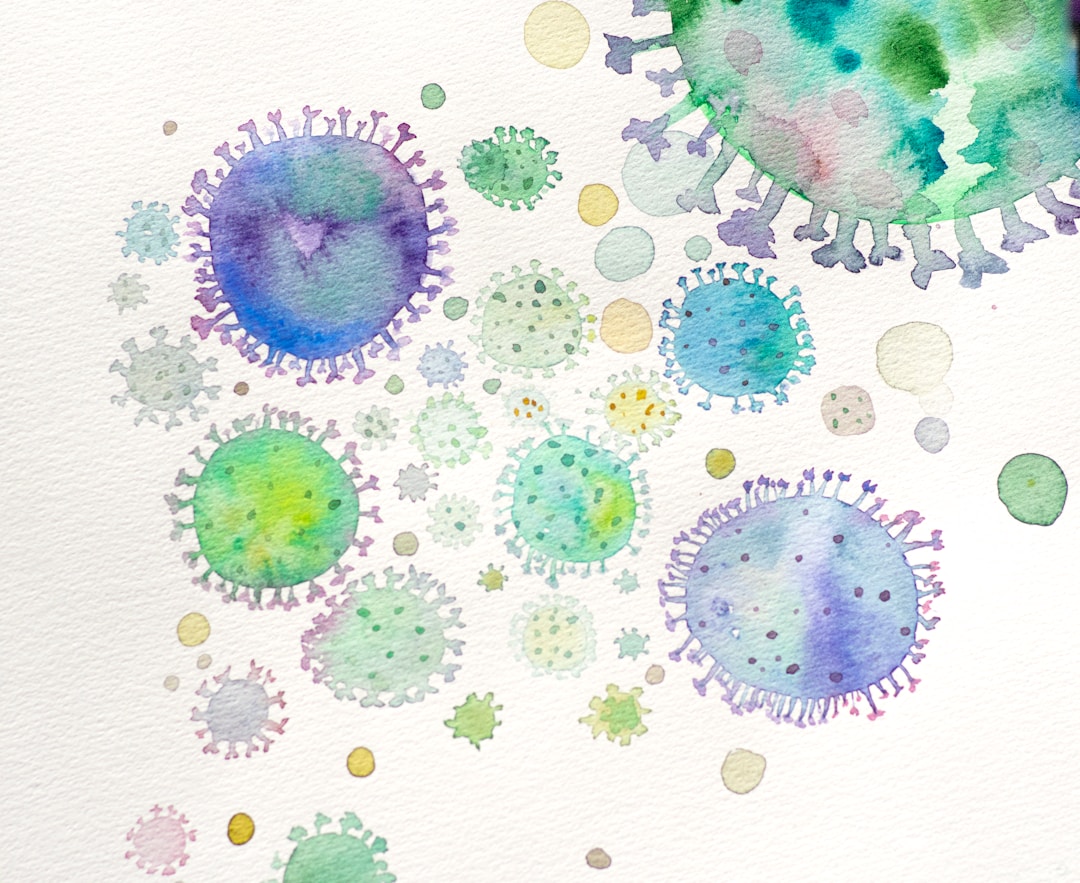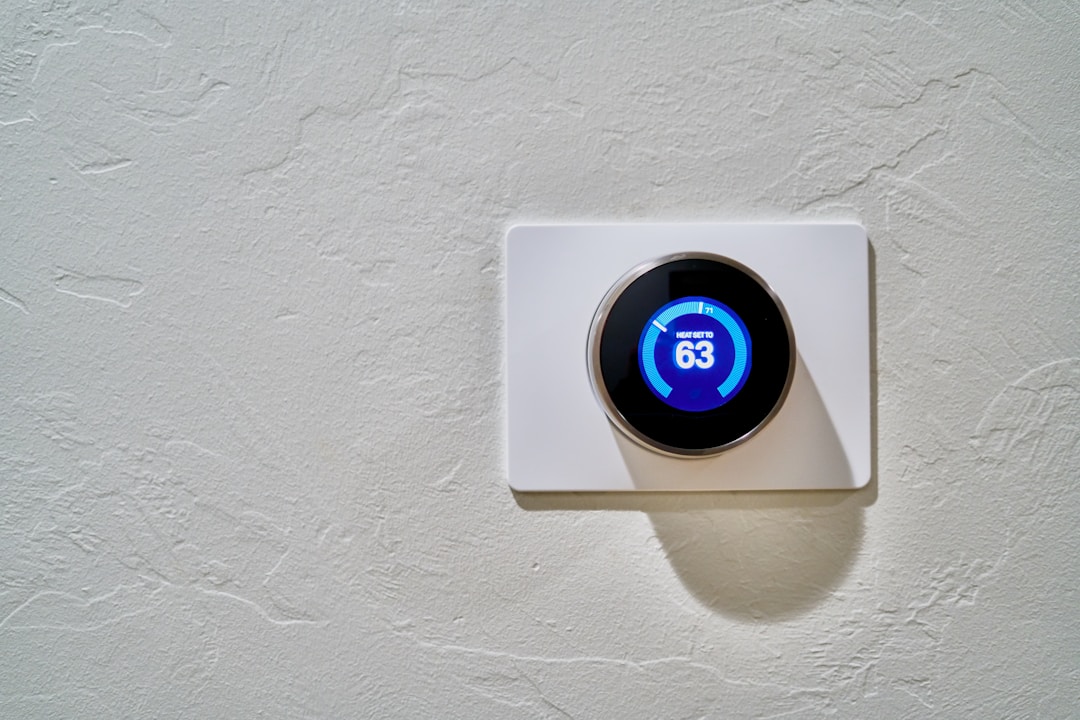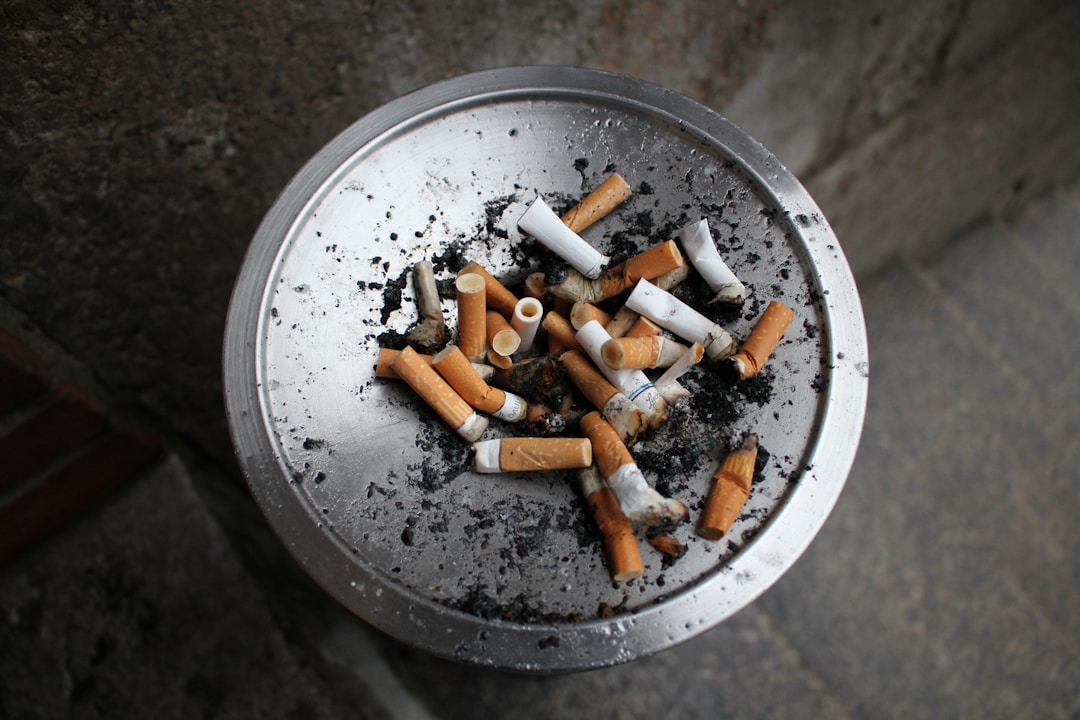Air quality refers to the cleanliness of the air. Outdoor air quality State Department of Environmental Protection (DEP) departments monitor external air quality and issue alerts when pollutants in the air may cause breathing issues.
While you may not be able to prevent air quality issues from pollution or forest fires, there are steps you can take to improve the quality of the air inside your home. If you’re having air quality issues, some of the factors explored here may be the cause. Determining the cause of your indoor air pollution enables you to determine how to resolve your air quality issues.
Homes are confined spaces that trap pollutants.

Indoor air quality is usually worse than outdoor air quality. Lack of ventilation is a crucial factor affecting indoor air quality. The air outside covers a larger area, and wind can disperse pollutants, improving the air quality. Many homes lack adequate ventilation, which means toxins are trapped inside the home. The U.S. Environmental Protection Agency (EPA) reports that pollutants are more concentrated inside homes and estimates the concentration of some common pollutants is two to five times higher than those outdoors.
Once toxins are trapped inside your home, they can be recirculated by your home’s heating, ventilation, and air conditioning (HVAC) system. Indoor toxins cause significant health issues. Respiratory issues, such as asthma attacks, are common symptoms of poor indoor air quality. Pet dander and dust mites can trigger allergic reactions. Occupants may also suffer from headaches, sore throats, coughing, fatigue, and dizziness. Some indoor air pollutants have been linked to cancer and Legionnaires’ Disease.
You haven’t installed an air scrubber.

The air inside is often worse than outside because you haven’t invested in an air scrubber. Air scrubbers eliminate common household air pollutants, including pet dander, pollen, mold, dust mites, allergens, and airborne pathogens. Air scrubbers eliminate odors and capture airborne particles 0.1 microns in size. Many air filters only trap particles 0.3 microns in size, causing them to miss microscopic particles that can trigger severe health issues. Air scrubbers can be installed by certified comfort specialists, ensuring the professional installation of superior air scrubbers that work with your home’s HVAC system to improve indoor air quality.
Your HVAC system isn’t working correctly.

Your home’s HVAC system has a significant impact on your indoor air quality. Dirty filters trap toxins and allergens, which can be recirculated throughout your home. Dust mites, pollen, pet dander, and other pollutants can build up inside your system’s ducts and be redistributed throughout your home.
Mold and mildew can grow inside your HVAC unit, causing your system to send mold spores throughout your home. Obtaining a service contract and having your HVAC system inspected and cleaned at least twice a year will prevent toxins from building up inside the system and contributing to indoor air quality problems.
You’re indulging bad habits.

One of the primary causes of indoor air pollution is cigarette smoke. Letting people smoke inside causes your HVAC unit to draw polluted air into the system and redistribute toxins. You may also use cleaners with harsh chemicals that pollute the air. Using natural cleaners is an effective way to reduce indoor pollutants. You can also reduce indoor air quality issues from pests by keeping trash stored in sealed containers and calling a pest control expert if you suspect rodents have accessed your home.
You don’t have enough plants inside your home.
Plants are natural air cleaners. They draw in carbon monoxide and other toxic gases and produce oxygen. Plants also increase humidity levels, preventing your air from drying out. Low humidity levels enable viruses to live longer and circulate, while higher humidity levels kill off viruses faster. Adding houseplants will improve your indoor air quality and reduce the likelihood poor indoor air quality will make you sick.
Common reasons you may have indoor air quality issues include lack of ventilation and insufficient humidity levels. You may also have issues with the quality of your air if you let people smoke indoors, don’t have an air scrubber, and haven’t maintained your HVAC system.


